Dementia is now a well-known diagnosis in the community. Most of us at least know someone who knows someone with dementia. And yet, I have found that there remains quite a bit of misinformation about this household name. I so often hear from families of those with dementia “I had no idea this happened with dementia”. So, I thought it was time we busted some of those dementia myths and got to know this condition a little better.
Ok, let’s start by getting the name right. Dementia is the term given to a group of similar disease, all of which cause dementia. Alzheimer’s Disease is a type of dementia. Other types of Dementia include Vascular Dementia (most common type), Lewy Body Dementia, Younger Onset Dementia or Frontotemporal Dementia, Posterior Cortical Dementia and Huntington’s Disease. Parkinson’s disease can develop a Dementia in later stages of the disease also.
Dementia is not actually caused by the normal changes to our brain that happen as we age. It is caused by a very specific set of changes to the way cells in our brain can get their messages to other cells, which stops those messages getting through.
Sadly no. Whilst the majority of Dementias occur in populations over the age of 65, there are some that occur much younger than that. Younger Onset Dementia, as the name suggests, is the term given to those diagnosed with dementia who are under 65 years old. These people are often in their 40s or 50s at time of diagnosis. Huntington’s Disease can also result in dementia at an age less that 65 years.
This is the one that comes as the biggest shock to the families of Dementia clients I see. Because Dementia is a disease which stops brain cells getting messages to other cells, Dementia has what we call “global effects”. This term simply means Dementia changes everything. Yes, there are the well-known “cognitive” (thinking) changes such as loss of ability to make new memories, loss of where you are in time, not able to remember events and faces, but there are also physical symptoms, such as loss of the ability to speak (especially in Younger Onset Dementia), loss of balance, inability to control bodily functions such as swallowing or control of bladder and bowel. There can also be personality changes, changes in behaviour and psychiatric symptoms such as delusions and hallucinations.
There are actually many causes of confusion. Before a diagnosis of Dementia, these must be ruled out. Confusion or behaviour changes may result from thyroid dysfunction, not enough vitamins, a lung or urine infection. Therefore, having a good relationship with a thorough and trusted GP is so important. They need to know what is normal for you (e.g., some, like the author of this blog, have always had to relay on diaries and lists for memory, so my baseline for memory is already quite low!), so they can work out what is going on in the case of confusion. Usually, symptoms of Dementia arise over the course of several years, with families talking about “when I think of it now, things were happening for a while before we really noticed”. It is normally more a pattern of changes in someone’s thinking and actions over years, rather than a sudden episode of confusion.
Not necessarily. Alzheimer’s Disease and Vascular Dementias are not something passed down by genes. These are the main two types of Dementia. However, Younger Onset Dementia and Huntington’s Disease do have familial links.
Yes, sadly, it is true that there is no cure, but there are lots of ways to help the person with Dementia and their family in their journey with this disease. This is where we, as your Occupational Therapist, come in. We can use equipment, visual cues, lighting, changes to how the home is set out, even changes to patterns used in furnishings to reduce the symptoms experienced and increase the independence of the person with dementia.
Please contact us if you would like more information.
Home modifications, whether funded by NDIS or other insurance schemes, My Aged Care or self-funded, can help you or your loved one to use the …
No matter what our abilities, we are all human, with needs that are important to us.Sex can mean a lot of things to a lot …
As the world is beginning to open up again after the COVID-19 lockdown, many people in the community are still feeling the effects of isolation. …
Over time I’ve observed a lot of mixed messages regarding timeframes for Complex Home Modifications (CHM) for NDIS participants. Different service providers will suggest different …






Phone: (02) 4081 0817
Address: 262 Main Road Cardiff, NSW 2285
ABN 74 625 158 983 | AHPRA Registration: OCC0001714241
Enter your details to express interest in our AT Framework course for 2024.
"*" indicates required fields
Enter your details to express interest in our Community Fundamentals courses for 2024.
"*" indicates required fields
Fill out the form below and one of our team will call you back within 24 hours.
"*" indicates required fields